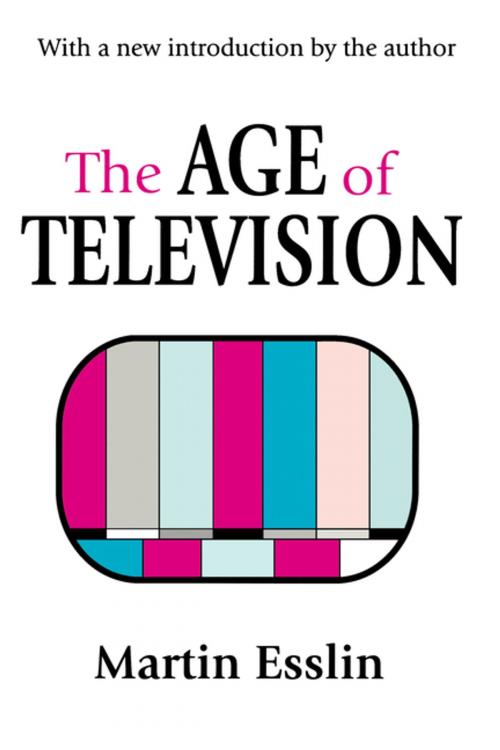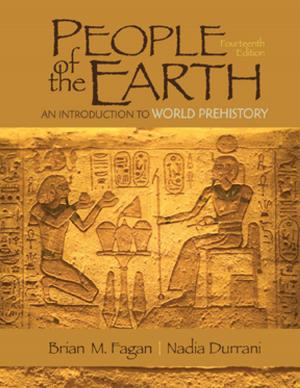| Author: | Martin Esslin | ISBN: | 9781351486217 |
| Publisher: | Taylor and Francis | Publication: | July 5, 2017 |
| Imprint: | Routledge | Language: | English |
| Author: | Martin Esslin |
| ISBN: | 9781351486217 |
| Publisher: | Taylor and Francis |
| Publication: | July 5, 2017 |
| Imprint: | Routledge |
| Language: | English |
Having spent most of his career working with the British Broadcasting Corporation (BBC), Martin Esslin appraises American TV with the eyes of both a detached outsider and a concerned insider. "American popular culture," writes Esslin, "has become the popular culture of the world at large. American television is thus more than a purely social phenomenon. It fascinates and in some instances frightens the whole world." The Age of Television discusses television as an essentially dramatic form of communication, pointing to the strengths and weaknesses that spring from its character. It explores its impact on generations destined to grow up under its influence, with such questions as how TV turns reality into fiction, and fiction into reality. Esslin considers the long-term effects of television on our abilities to reason, to read, to create. He asks if current programming on American television constitutes what we want and deserve, and asks what we would change, if we could. These are but a handful of the questions Esslin probes in this penetrating analysis of contemporary television and its impact on our lives. In his new introduction, Esslin discusses changes in the media over the last two decades. He explores the increasing number of television stations available, the rise of "boutique" channels concentrating on news, sports, or film, and the relationship between television and other forms of electronic media such as video games and the Internet. Finally, he considers the effect of these developments on our ability to concentrate, our sensitivity to violence, and even our artistic taste. Most compelling of all is his final question: Can the Age of Television, with all its dangers, yet become a golden age of cultural growth? Martin Esslin is professor emeritus of drama at Stanford University. His numerous critical works include: Brecht-The Man and his Work, The Theatre of the Absurd, An Anatomy of Drama, and Artaud. He cur
Having spent most of his career working with the British Broadcasting Corporation (BBC), Martin Esslin appraises American TV with the eyes of both a detached outsider and a concerned insider. "American popular culture," writes Esslin, "has become the popular culture of the world at large. American television is thus more than a purely social phenomenon. It fascinates and in some instances frightens the whole world." The Age of Television discusses television as an essentially dramatic form of communication, pointing to the strengths and weaknesses that spring from its character. It explores its impact on generations destined to grow up under its influence, with such questions as how TV turns reality into fiction, and fiction into reality. Esslin considers the long-term effects of television on our abilities to reason, to read, to create. He asks if current programming on American television constitutes what we want and deserve, and asks what we would change, if we could. These are but a handful of the questions Esslin probes in this penetrating analysis of contemporary television and its impact on our lives. In his new introduction, Esslin discusses changes in the media over the last two decades. He explores the increasing number of television stations available, the rise of "boutique" channels concentrating on news, sports, or film, and the relationship between television and other forms of electronic media such as video games and the Internet. Finally, he considers the effect of these developments on our ability to concentrate, our sensitivity to violence, and even our artistic taste. Most compelling of all is his final question: Can the Age of Television, with all its dangers, yet become a golden age of cultural growth? Martin Esslin is professor emeritus of drama at Stanford University. His numerous critical works include: Brecht-The Man and his Work, The Theatre of the Absurd, An Anatomy of Drama, and Artaud. He cur















